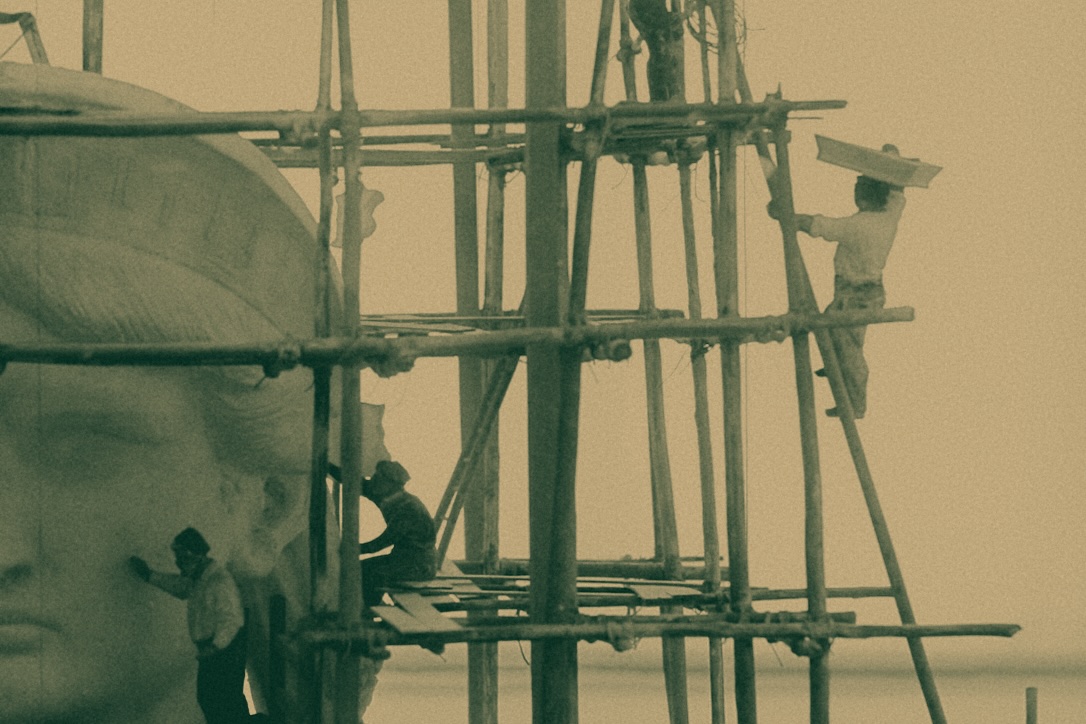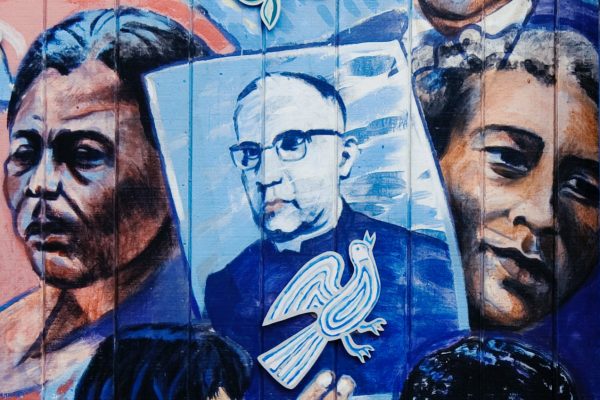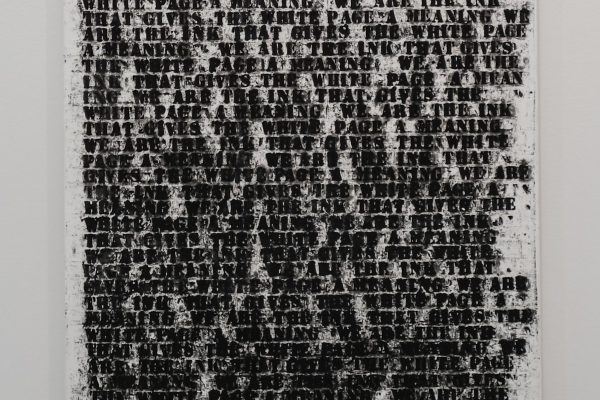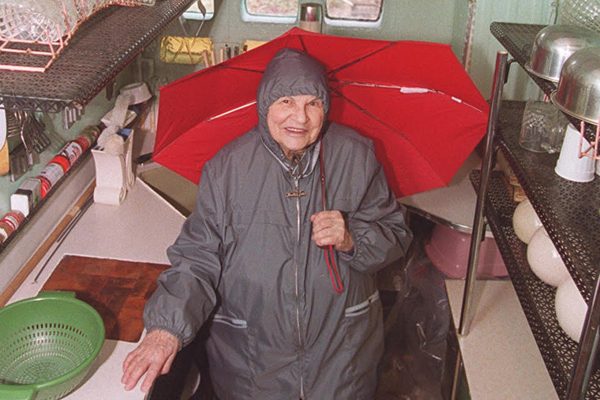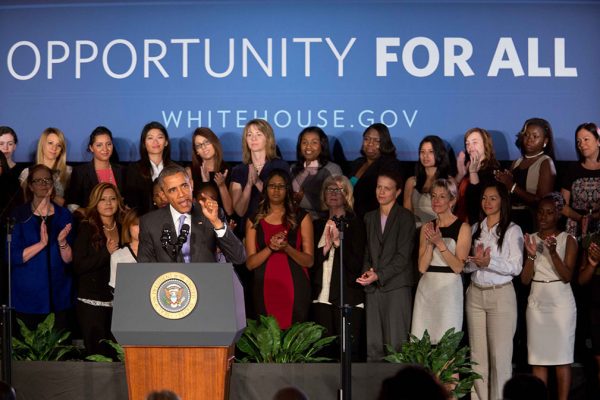What does virtue look like in the twenty-first century? Aziz Rana is right to point out that we need to focus on freedom. And as I see it, to reclaim freedom we need to revisit the relationship between liberalism and capitalism by reflecting on the pathologies that their connection has historically produced.
That’s not easy. To the extent that liberalism travels with capitalism, it’s a historical phenomenon, but to the extent that it departs from or qualifies capitalism, it’s a social ideal. The social ideal is freedom, and the core promise is freedom from fear.
This idea is linked to a distinctive modern understanding of legitimacy, rooted in an analysis of the relationship between the individual and the collective. In the ancient world, legitimacy arose from the community as the source of moral norms. In the medieval to early modern period, legitimacy was linked to the role of the church and to the divine right of kings. In modern political thought, however, legitimacy is linked to a particular type of social relation: one grounded on the social contract. On this view, individuals who are born free and equal sacrifice their lawless freedom in the state of nature for the sake of the freedom that they acquire in association with others in a civil condition governed by laws.
There are many ways to understand this contractual relation, but the most promising focuses on relational freedom. On this conception, coercion by political institutions is only acceptable if we are equal authors of the norms with which we are asked to comply. This is the idea of democratic legitimation, and it explains why, in circumstances of emergency, only the state has the authority to temporarily suspend or to restrict the fundamental freedoms that it exists to protect: the freedom to move, to associate with others, or to vote in elections.
Most of these freedoms are guaranteed in the founding legal documents of existing liberal democracies. And most, if not all, of them were suspended or restricted as part of emergency measures during the COVID-19 pandemic. Many of them have also been at the heart of debates triggered by the successive crises: climatic, geopolitical, financial. What has become obvious is that the current economic and political system creates disproportionate burdens for particular social groups. Citizens of poor countries struggled more with access to COVID-19 vaccines compared to citizens of rich states; rates of domestic violence increased, too, and women paid the price. The cost of the green transition is much higher for the less wealthy. More people of color end up in prison compared to their white counterparts.
All this is to say that liberal society is not free from fear. In fact, in some ways it fares worse than the state of nature, in which powerlessness is evenly distributed. In liberal societies, by contrast, there are huge discrepancies in the protection that institutions offer to people who are equally subject to their authority.
Emergency rule sets a precedent for an unprecedented concentration of power in the hands of a few people. In the case of COVID-19, it was scientific experts. It could be data-controlling agencies. It could be economic and political elites who continue to rely on the authority of the state to demand obedience from all yet offer protection only to some. It could be social media in the hands of private corporations and beyond public scrutiny. For a few years now, the world has been in a permanent state of emergency: from financial crises to health emergencies, from terrorism to war. But as Machiavelli knew, Fortune shows her power when there is no virtue to resist her. Political emergencies, he insisted, are like the overflowing waters of a river. We need to take precautions “with dikes and dams when the weather is calm so that when they rise up again the waters . . . will be neither so damaging nor so out of control.”
My suggestion is that liberalism can only be rescued to the extent that it abandons capitalism. Otherwise, liberalism can’t deliver freedom from fear, because liberal societies with capitalist economic structures produce pathologies of their own. These are different from the fear of despotism or intolerance that liberalism opposes, yet they are still destructive. They come in three basic types.
The first concerns moral anthropology. Liberalism released individuals from the constraints of traditional authority and celebrated the rise of civil society. The promise that each could pursue their individual good and that private vices would become public virtues was founded on the idea that trade could contribute to growth and material well-being. But as eighteenth-century critics of commercial society saw, there were also detrimental psychological traits that developed as liberalism intertwined with capitalism. Jean-Jacques Rousseau only listed some: self-centeredness, avarice, jealousy, mistrust, competition for nonessential and luxury items, a fixation on appearances, a yearning to make an impression, a dependence on external approval, rivalry, indifference to the plight of the most vulnerable. In the age of TikTok and Instagram, these phenomena can be observed in their naked form.
The second concerns economic theory. Many liberals recognized that rights were essential and that the state had the responsibility to guarantee the proper functioning of commercial society. But the state also relies on the allocation of resources by markets to fulfill its functions. In other words, the state depends on taxation and the financial contributions of the wealthy, and as rights become contested, class divisions reappear. To maintain domestic order, the state needs to rely on the international credit and debit system, which can mitigate domestic inequality by contributing to global anarchy. Indeed, as many early critics of liberalism, including Johann Gottlieb Fichte, pointed out, to secure its position on the international sphere, the state needed to expand its influence outward, encouraging war, colonial exploitation, and the depletion of global resources.
This leads to the third pathology, concerning politics. Classical liberals embraced a progressive view of history, believing that the global expansion of civil society would bring about prosperity and unlimited technological development. Enlightenment thinkers like Adam Smith or Immanuel Kant saw history as a progression through different stages of production, from hunter-gatherer, pastoral, and agricultural societies to the more advanced commercial society. Yet this narrative inherently contained hierarchical elements. The price of liberal optimism in the success of civil society was the condemnation of alternative systems of production as inferior and the people adhering to these social structures as backward.
In this context, liberalism generated its own unique concern: the fear of colonialism and empire. This was not merely an unintended side effect or an inconsistent application of liberal principles, but rather a fundamental aspect of the liberal mission to bring the virtues of civil society to those considered incapable of realizing them otherwise. Liberals, particularly those committed to capitalism, often downplay the significance of colonialism, which they see as an unfortunate accident of history. In fact, as Rana notes regarding the U.S. experience of freedom, the two are deeply intertwined.
Without recognizing the link between the capitalist vision of commercial society and liberalism’s civilizing mission, we struggle to understand why even progressive liberals like John Stuart Mill and Alexis de Tocqueville, who may not have condoned capitalism, found themselves determined to eliminate what they regarded as barbaric ways of life. Their motives were not accidental but integral to the liberal moral outlook and the aspiration to realize global commercial society, along with its associated structures and values.
The upshot of these pathologies is that, in its combination with capitalism, liberalism grapples with an inherent contradiction. On the one hand, liberals strive to curtail the power of the state, religious authorities, and other hierarchical institutions that threaten individual freedom. Yet in liberalism’s efforts to distribute power, the project gives rise to distinctive power structures, fears, and forms of unfreedom.
These liberal power structures are depersonalized and spontaneous rather than planned. Psychologically, they breed selfishness and indifference rather than outright aggression. Yet these facts do not diminish the gravity or pervasiveness of the fears the project generates. If anything, capitalist unfreedom is even more insidious than the unfreedom it replaced. After all, where power is dispersed, spontaneous, and anonymized, it becomes far more difficult to confront. This is why people who care about freedom are looking for an alternative system that tries to decouple liberalism from capitalism—focusing not only on alternative economic and political institutions, but on the discourse of freedom itself.
